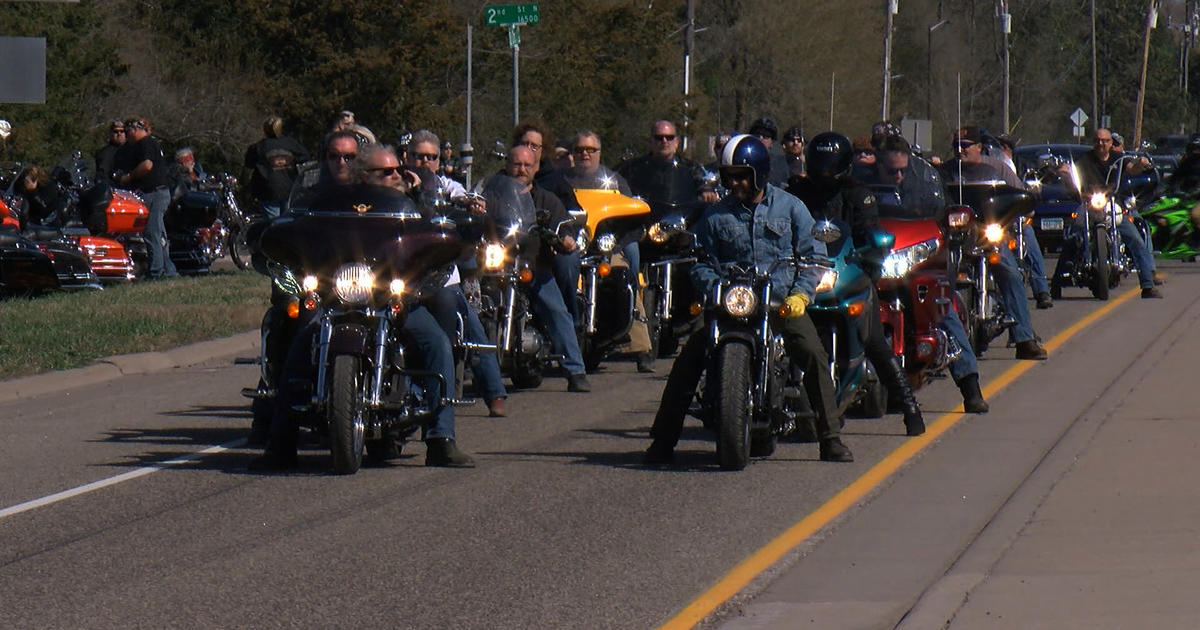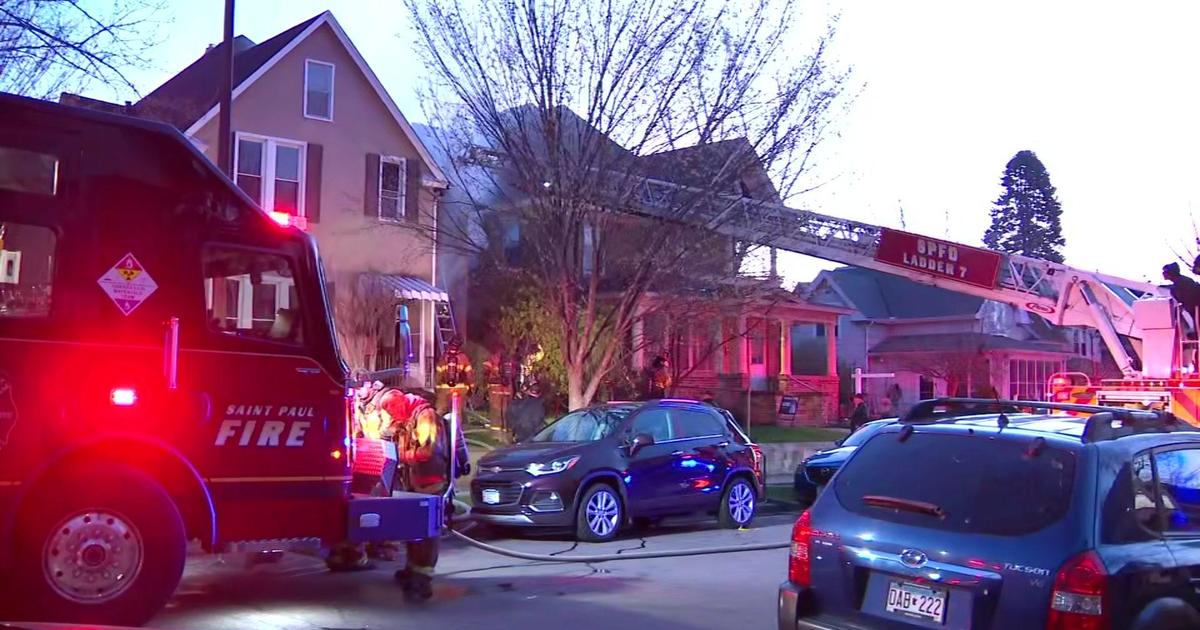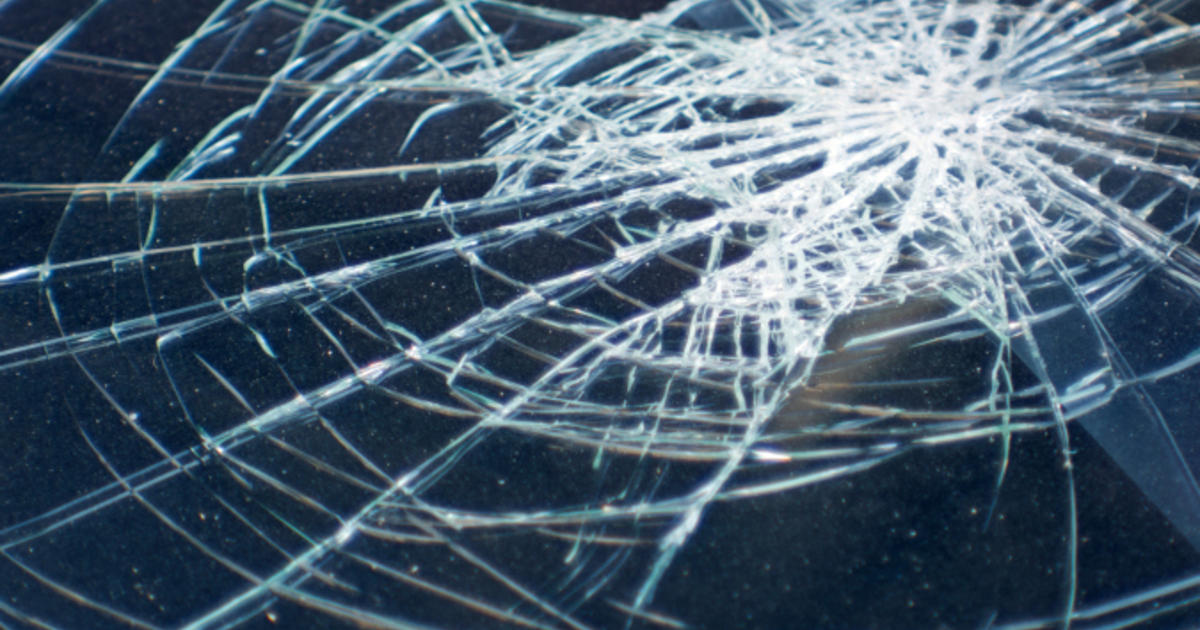Latest Vikings Stadium Hang-Up: Gambling Operators
ST. PAUL, Minn. (AP) — Supporters of a new Vikings stadium have run into a new obstacle: Backlash from charitable gambling operators whose taxes are the hoped-for source to cover about one-third of the nearly $1 billion project.
Those charities are skeptical of promises of new profits from proposed electronic versions of a couple games, and angry at a tax bite many believe takes far too much of their profit. Resistance from the charities has so far kept the bill from a hearing in the House.
The state wants to raise its $398 million contribution to the stadium by authorizing electronic versions of the pull-tab and bingo games that charities operate at bars and fraternal clubs around Minnesota. The Gambling Control Board forecasts a spike in sales and tax receipts that would bring in about $124 million, with about half going to the state to cover stadium bonds and the charities keeping the rest.
Gov. Mark Dayton's proposal to direct about $10 million toward tax relief isn't enough to change the minds of many charity operators. Dayton acknowledged the hang-up Thursday, saying the charities and their legislative allies "need to work out their own conclusion to this first, and hopefully we'll get an agreement."
For charities, the proposal's problem is that it rests on a widely despised system of taxing their gambling operations.
"The state of Minnesota is our biggest charity," said Mark Wills, gambling manager for the Maple Grove Lions Club. "It's incredible how much we pay in taxes. It really is."
Last year, the Maple Grove Lions paid $255,018 in taxes while netting $85,888 from gambling operations at two bars. That money went to scholarships, a Christmas food drive, youth sports programs and a juvenile diabetes fund.
"It's absolutely abusive," said Brian Fitzpatrick, who manages gambling operations for Confidence Learning Center in the Brainerd area. The outdoor education program for people with developmental disabilities raises much of its yearly budget with profits from games of chance in 29 bars and clubs in northern Minnesota.
Charities typically return about three-fourths of their gross game receipts in prizes. But they're still taxed on those gross receipts rather than their profit, meaning many charities end up paying a lot more in taxes than they get in profits. For instance, Confidence Learning Center had $8 million in gross receipts in 2011; they paid $486,372 in taxes and netted $255,078.
About 1,200 Minnesota charities raise money from gambling. They groups range from youth sports leagues to service organizations like the Lions and the Elks, to VFWs and American Legions. There's even a boys choir in Elk River with a charitable gambling operation. There are five different games charities are authorized to offer: pull-tabs, bingo, raffles, paddle wheels and tip boards.
Before 1989, charitable gambling operators paid a flat 10 percent tax on their profit. Today, operators pay up to three separate taxes depending on which games they offer, and at different rates depending on the size of their operations.
While plenty of charities take home more in profits than they pay in taxes, many don't. "I'd like it to be at least even-steven with the state, so we could at least keep as much as we give them in taxes," said Mary Perren, gambling manager for the Cottage Grove Athletic Association, which runs seven youth sports league in which about 6,000 kids participate. The association netted $12,114 after taxes in 2011 and paid the state $36,536.
Stadium backers hoped that charities would be satisfied by the big leap in profits that the state promises would accompany electronic pull-tabs and bingo. But it was the charitable groups themselves that first proposed the expansion into electronic games, hoping any new profits could be spent to simplify the tax system and lighten its overall burden.
The gambling operators are also skeptical of the promised spike in profits.
"I don't buy the projections at all," said Wills, of the Maple Groves Lions. Strong backers of the electronic games hope the new devices, often compared to playing with a smartphone or an iPad, will attract a younger crowd of gamblers. But Wills and other operators fear it may simply shift established players to the new methods without adding very many new players.
Rep. Joe Hoppe, the House Commerce committee chairman and a co-sposor of the original bill that linked authorization of the electronic games to tax simplification, said he wouldn't hold a public hearing on the stadium bill until he knows the charities are comfortable with the proposal.
Like many gambling operators, Wills said he's not against the Vikings stadium. But he said charities can't afford the shift into electronic games if it doesn't get them a friendlier tax system.
"It's got to be a part of it," Wills said. "I think it's our only chance to get it, because every year we ask for it and we never get it. Here's our opportunity."
(© Copyright 2012 The Associated Press. All Rights Reserved. This material may not be published, broadcast, rewritten or redistributed.)



